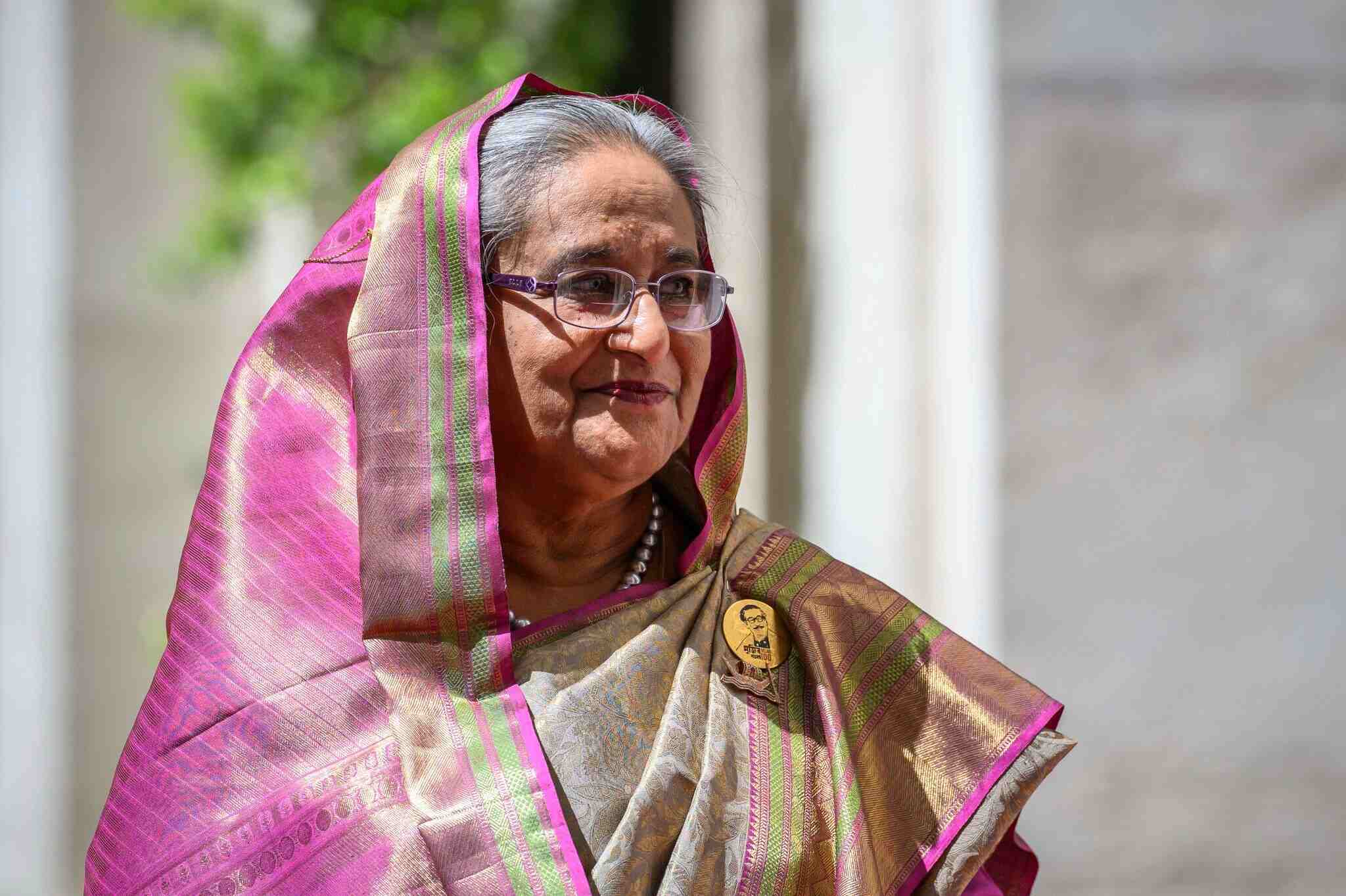Prime Minister Sheikh Hasina on Thursday called for creating an enabling environment for women and girls to become agents of change in the Global South and urged all to join hands to achieve SDG 5.
“In the Global South, we must create an enabling environment for our women and girls to become agents of change. We should all join hands to achieve SDG 5,” she said.
The prime minister said this while addressing a luncheon at Sandton Convention Centre here.
The current chair of the BRICS hosted the lunch in honour of the heads of the states and governments attending the 15th BRICS Summit at Johannesburg, South Africa.
Hasina also placed five pressing issues to draw attention from the BRICS member countries and others.
These are:
“First, we must mitigate the adverse effects of the ongoing food, energy, and financial crises on the nutrition, health, and safety of our women and girls.”
Second, she said, make added efforts to keep girls in schools, secure them from cybercrimes, and reduce the growing digital divide many of them face.
“Third, expand scope for women’s gainful employment, decent work, wage equality, and financial inclusion.”
“Fourth, she said take a deeper look at women’s need for protection and resilience due to aggravating climate impacts, and
Fifth, promote a level playing field for women to have an active and sustained political career.”
The PM said that Bangladesh’s Constitution guarantees equal rights for women.
She mentioned Article 28(2) of the Constitution that says: Women shall have equal rights with men in all spheres of the state and of public life.
“We have a unique case in our National Parliament where our Speaker, Leader of the House, Leader of the Opposition, and Deputy Leader of the House all happen to be women,” she said.
She mentioned that the Awami League government has opened the doors for women to become judges of the highest court, higher positions in civil administration, armed forces, law enforcing agencies, vice chancellors of public universities, and so on.
“An increasing number of women are getting engaged in politics, as 30 percent of seats have been preserved for women in the national parliament and local government bodies,” she said.
Sheikh Hasina said that she thinks education and employment are two key elements that can empower women.
“So, greater emphasis has been laid on female education,” she said.
In this regard, she stated that the girls’ education up to 12th grade has been made free. Enrollment at the pre-primary and primary levels rose to 99 percent.
She said the female-male school enrolment ratio rose to 53:47.
She also said that about 25 million students have been brought under various stipend and scholarship programmes while stipend money reaches the mothers or legitimate guardians directly through their mobile phones.
Free books have been distributed among students up to the secondary level since 2010. The increasing rate of female education has significantly lowered the rate of child marriage, she added.
In primary education, she said, 60 percent of teacher posts have been earmarked for females. Until recently, a 10 percent quota was reserved for females in government jobs.
She said women also make up the backbone of our export-oriented readymade garments industry, with 2.5 million women directly working in the sector.
She mentioned that women are also doing well in business and the government offers loans, training, and market access for women in micro, small, and medium enterprises.
“Many of our rural women now work as IT freelancers or as partners in local digital centers,” she said.
The prime minister said that social safety net programmes of the government cover the most vulnerable women, including those with disabilities.
“I have made arrangements for joint ownership of homes by husband and wife under my free housing project, Ashrayan,” she stated.
Foreign Minister AK Abdul Momen and Prime Minister`s Private Industry and Investment Adviser Salman Fazlur Rahman were also present among others.















-20260221022942.jpg)
-20260221022827.webp)
















